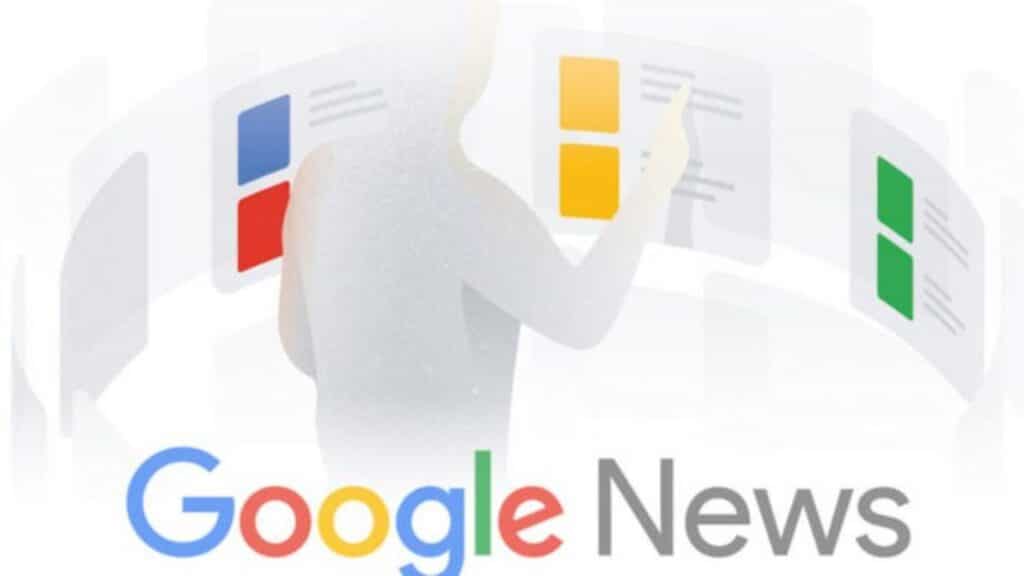L’Australia passed the first law it makes pay google and other digital platforms for news that they share across platforms, compensating publishers. Canberra declares the legislation a success, saying Google and Facebook have signed off more than 30 agreements with media companies in Australia.
Australia’s law to charge Google and Facebook for news: a success
The legislation approved in Australia provides that Google e Facebook compensate publishers for news shared on the platform, even when users read it directly on the platform. Many news sites indeed they use advertising to support themselves, and reading from aggregators often does not bring income. Australia has specified that, if the platforms cannot find agreements, a judge will take care of it.
After a year, the Treasury of Camberra explains that local media have signed more than 30 agreements with Google and Facebook. “According to the data available, at least in some cases these agreements have resulted the hiring of new journalists and they have allowed publishers other investments for their own operations“.

The Australian Government acknowledges that others (particularly platforms) may disagree. But they think it is “reasonable to conclude that the Code has been a hit so far.”
Some critics raise the issue that this regulation would have economically benefited those who have found agreements with the platforms, especially the bigger titles. But Canberra specified that the decision had not come to “redistribute resources through the news sector” and therefore should not be evaluated on this.
The next step according to the Treasury should be the expansion to other platforms and at the same time a scrutiny of the commercial agreements obtained by the organizations, per review the Code after having seen it in action for four years since its inception.
Other nations, such as Canada, have considered similar operations. But experts assess the particular Australian situation, above all for how the antitrust laws work in the country: the model should be adapted to be able to get to Europe.















Leave a Reply
View Comments